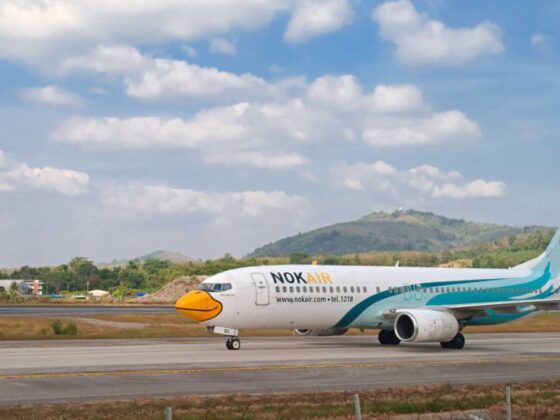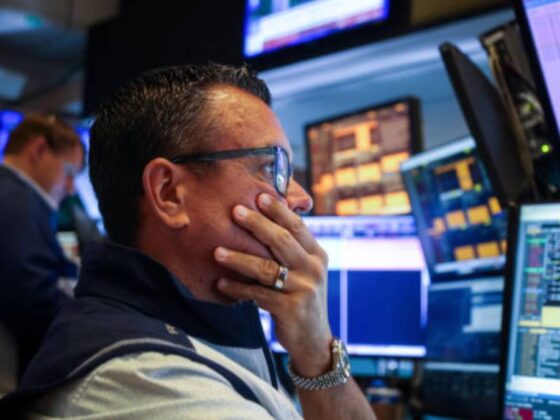With initially high travel demand tempered by the uncertainty around the Trump administration's actions, the first half of 2025 has been marked by volatility in the airline industry.
When Trump announced his plan to implement tariffs against more than 90 countries in April, shares of public airlines Delta (DAL) , United (UAL) and American Airlines (AAL) had the single worst day on the market since the outbreak of covid-19 in 2020.
A few weeks later, Delta CEO Ed Bastian said that low consumer confidence and “broad economic uncertainty around global trade” led to a period in which “growth has largely stalled” and the Atlanta-based.carrier could no longer reaffirm its past positive outlook for the year.
Don't miss the move: SIGN UP for TheStreet's FREE Daily news
Delta talks of ‘managing levers within' its control, posts profit
By the start of July, things are at the point of turning around for Delta — on July 10, the airline posted second-quarter results showing $16.6 billion in operating revenue and $2.1 billion in operating income. The $2.10 in adjusted earnings per share is above the $2.05 expected by analyst consensus while the net profit is a 63% improvement from the previous quarter.
“As we look to the second half of our centennial year, we remain focused on executing our strategic priorities and managing the levers within our control to deliver strong earnings and cash flow,” Bastian said in a statement on the earnings. “Reflecting our confidence in the business, we are restoring financial guidance with an expectation for earnings per share of $5.25 to $6.25 and free cash flow of $3 to $4 billion, consistent with our long-term free cash flow targets.”
Related: Airline stocks are also having a terrible day
Bastian and President Glen Hauenstein said that, as more of 2025 went by, travel demand stabilized from the drop observed immediately after Trump's inauguration while income generated from high-revenue streams such as premium seating and loyalty travel awards helped make up for any gaps caused by lower main cabin sales; revenue on premium seats rose at 5% more than those for the main cabin and brought in $5.8 billion in revenue.
Image source: Shutterstock
‘People are still traveling': Delta CEO
While showing a marked improvement, the numbers also show a decrease in traveler confidence from the start of 2025 when Bastian spoke of Delta being expected to have its “best year ever.” Total revenue per seat mile also fell by 4% in the second quarter while the $16.6 billion in operating revenue is still $10 million lower than it had been in the same quarter last year.
“People are still traveling,” Bastian told investors in a call. “What they've done is they've shifted their booking patterns a little bit. They're holding off making plans until they're a little closer in to their travel dates and so that's shifted some of our bookings and yield management strategies.”
More on travel:
- US government issues sudden warning on France travel
- United Airlines places big bet on new flights to trendy destination
- Another country just issued a new visa requirement for visitors
The adjusted full-year earnings are now expected to reach between $5.25 to $6.25 per share while the forecast in January had been at $7.35 per share. Immediately after Delta published the results, its stock jumped by nearly 13% to $56 while the $50 seen prior to Thursday morning is a 24% drop observed since the start of 2025.
Related: Veteran fund manager issues dire S&P 500 warning for 2025













